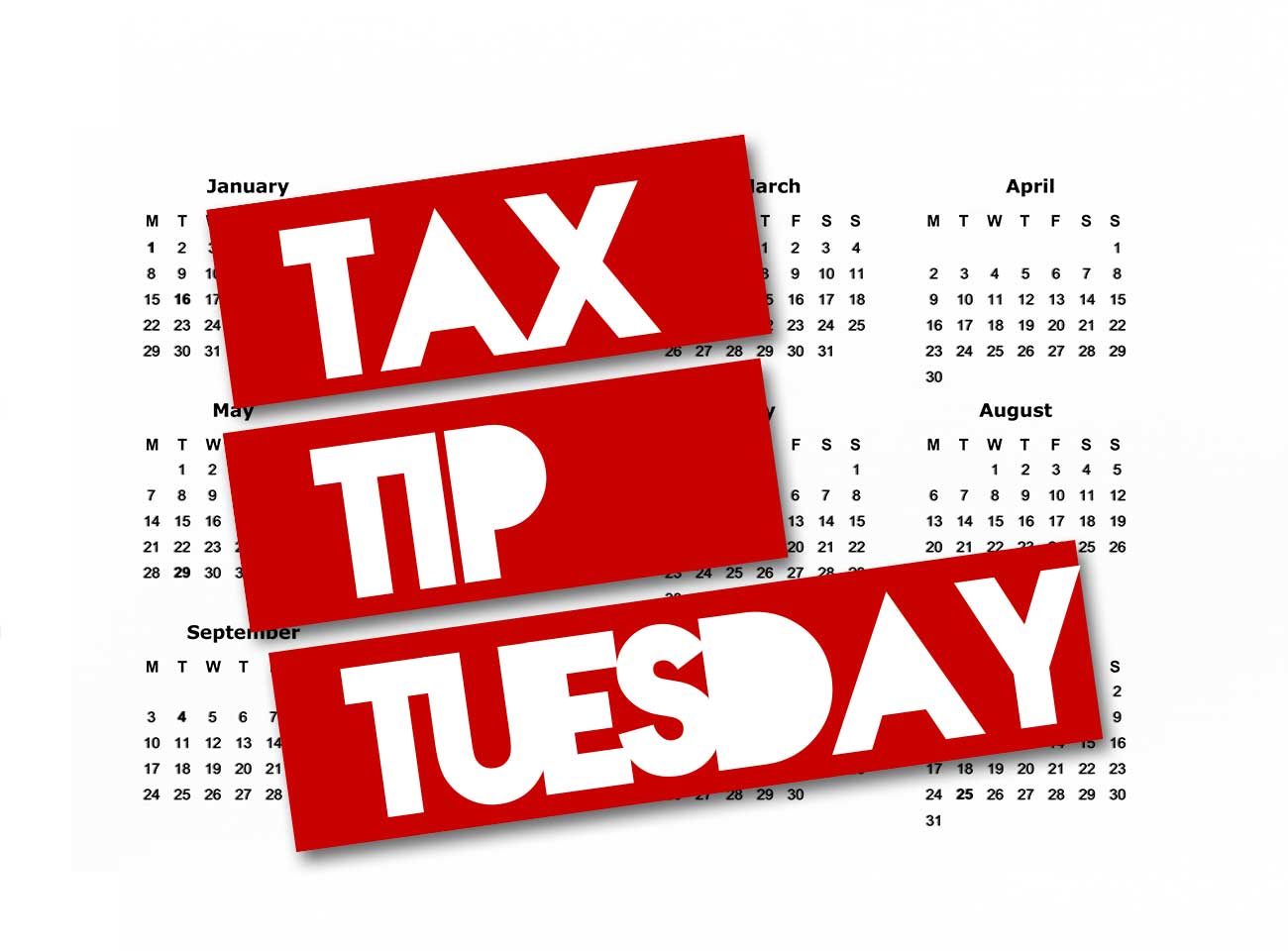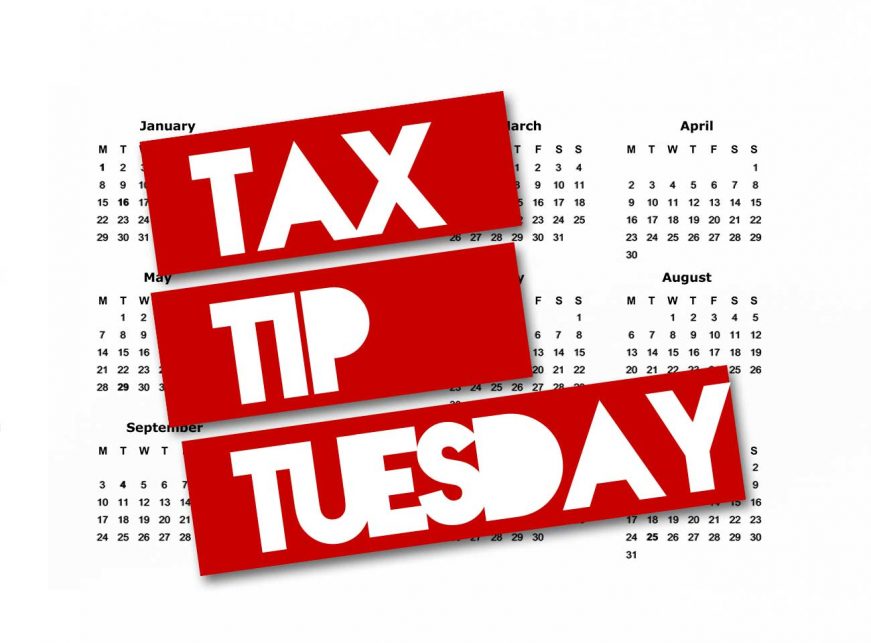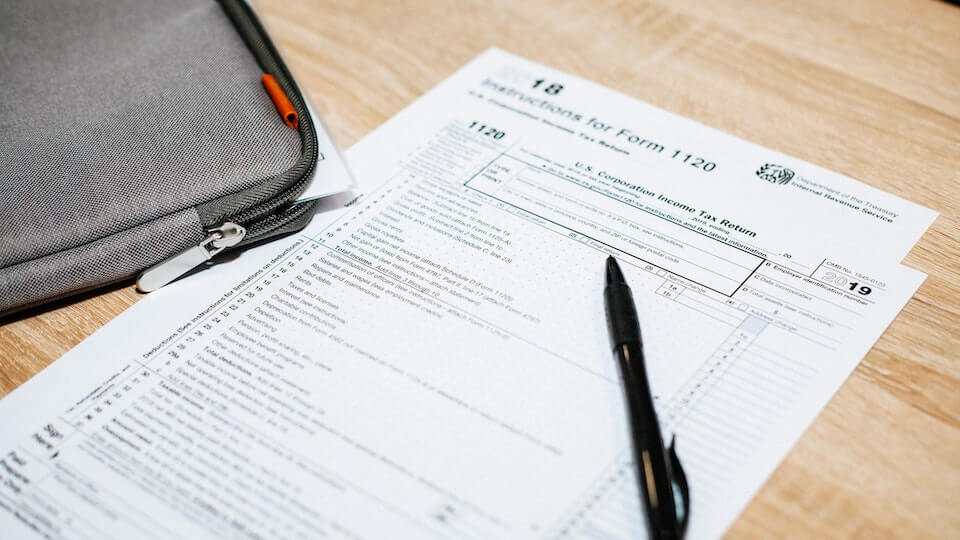
Protecting Employees from W-2 Identity Theft
December 18, 2018
Paid Family and Medical Leave Law Offers Tax Credits for Employers
January 22, 2019Protect Your Accounts from Cybercriminal Activity with Smarter Passwords

As we head into the New Year, it may be time to give you online accounts a new password. The IRS urges everyone to review passwords and incorporate stronger standards to protect your accounts. In doing so you can help combat the impact cybercriminals have on the world wide web, as strong passwords help protect accounts from cybercriminal activity. Building a better password is as easy as one, two, three.
3 Tips for Smarter Passwords
1. Length is crucial.
The longer a password is, the harder it is to crack. Most passwords range from six to ten characters. While that may make them easier for you to remember, they are also easier for cybercriminals to hack. A strong password will be upwards of 12-16 characters. Better to stretch your memory than try to recover your identity right?
2. Utilize your associations in a unique manner.
Identify items that have personal meaning in your life. However, steer away from kids names and pets. Couple unique words together in your head, that no one else would ever suspect. For example, use your furniture, GreenChairPurpleStripes. Or better yet, interchange some of those letters with symbols and throw in a few numbers to really enhance the security. So not maybe your password becomes 19Gre3nCha!rPurp1e$tripes99. Whatever you use, ensure it is not easily guessable or found in a dictionary.
3. Create your own system.
Maybe you are just plain out of ideas, so take a shortcut and utilize the site you are on to help you. For example, let’s say need to create a password for Amazon. Maybe you decide to incorporate the site name into your passphrase and you use !_<3_Am@z0N_Purcha$3s_ (I love Amazon… I’m constantly buying business books there). No matter the pattern you choose to use, establish one that you can easily remember.
Other Steps You Can Take
Not only should you work at creating strong passwords, but you should also take a few other precautions as well:
- NEVER use the same password—If you struggle with remembering all your different passwords, then perhaps you should consider using a password manager. There are numerous apps on the market to help keep your passwords tightly locked up.
- Enable multi-factor authentication when possible— Do not expect that a creative password attempt will be your only need for protection. Cybercriminals are getting very clever with their ability to tap into sensitive data. By enabling multi-factor authentication anyone accessing your account will need more than just your username and password to access an account. They also need the security code sent as text to a mobile phone or a number punched in on a separate app.
- NEVER use factory-set passwords—Always change the passwords that come with your wireless devices such as printers and routers. These are standard and not really meant to keep you protected.
As we move deeper into tax season, be aware of keeping your data protected. You never want to deal with identity fraud, but trying to deal with it during tax season will definitely increase your stress level.



